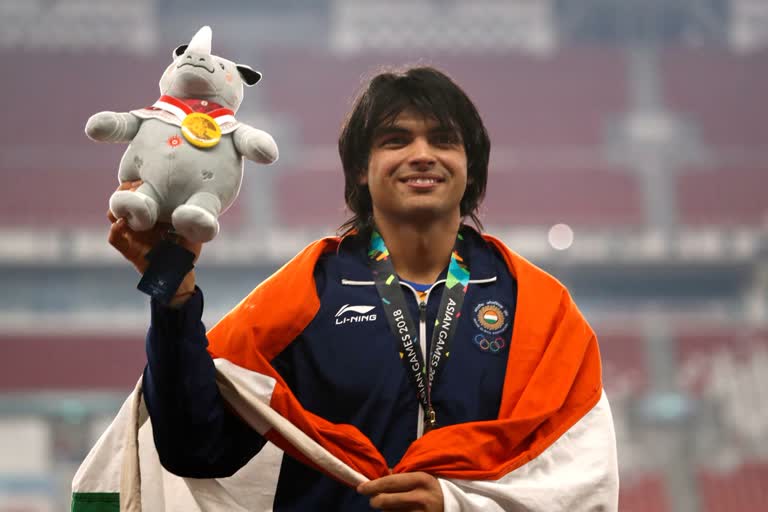Hyderabad: Legendary Jim Tressel once said, "The hallmark of excellence, the test of greatness, is consistency." The American football coach had said this to state why consistency is key to success. In the contemporary setting of Indian sports, Tressel's words are truly reflective of young javelin thrower Neeraj Chopra.
On March 5 this year, when Chopra threw the javelin at a distance of 88:07 metres, he left the Indian sports fraternity buzzing in hope. In March, at the Indian Grand Prix 3 at the National Institute of Sports (NIS), Patiala, the spiritual home of India's Olympic sports disciplines, the Haryana athlete not only bettered his own national record by 0.01m but also had set the world record in a pandemic curtailed season.
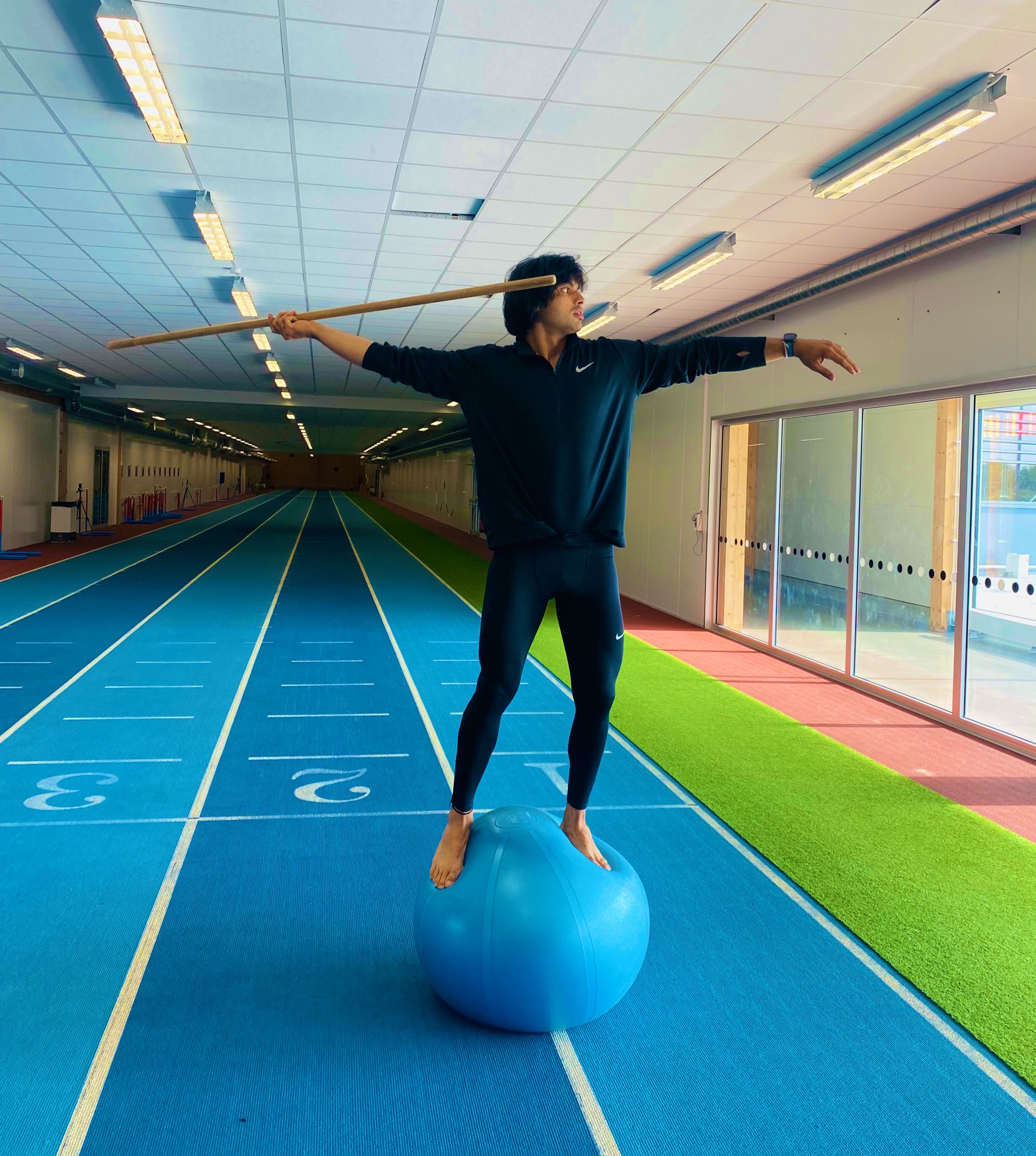
For Chopra, it was a manifestation of his consistency. Coming back to the track after almost a year, recovering from elbow surgery, Chopra needed to demonstrate a superlative performance to prove his doubters wrong. And he did that quite successfully.
A few days later, at the Federation Cup in Patiala, Chopra registered 87.80m in yet another show of consistency.
Remarkable rise
It was a continuation of his swansong that started in 2016 when he won the Asian Junior Championships gold in Vietnam, his first major title. He followed it with a startling performance in Poland in the next month when he won the coveted World Junior Championships gold.
Neeraj Chopra's upward surge continued with him graduating on the Asian track in 2017 when he won the continental championship in Bhubaneswar with a throw of 85.23m.
Unstoppable and determined, Chopra became so consistent that he was termed the next big thing of Indian athletics.
Accolades and adulation came thick and fast to Chopra's way. But the 23-year-old javelin thrower didn't get them to his head. His quest for more improved performances and glory was undeterred.
In April 2018, he set the Gold Coast track on fire winning the Commonwealth Games gold with a throw of 86.47m. With this feat, Chopra became the first Indian ever to win a javelin medal at the CWG.
He further improved upon his performance with a throw of 87.43m, his then-personal best, this time at Doha Diamond League.
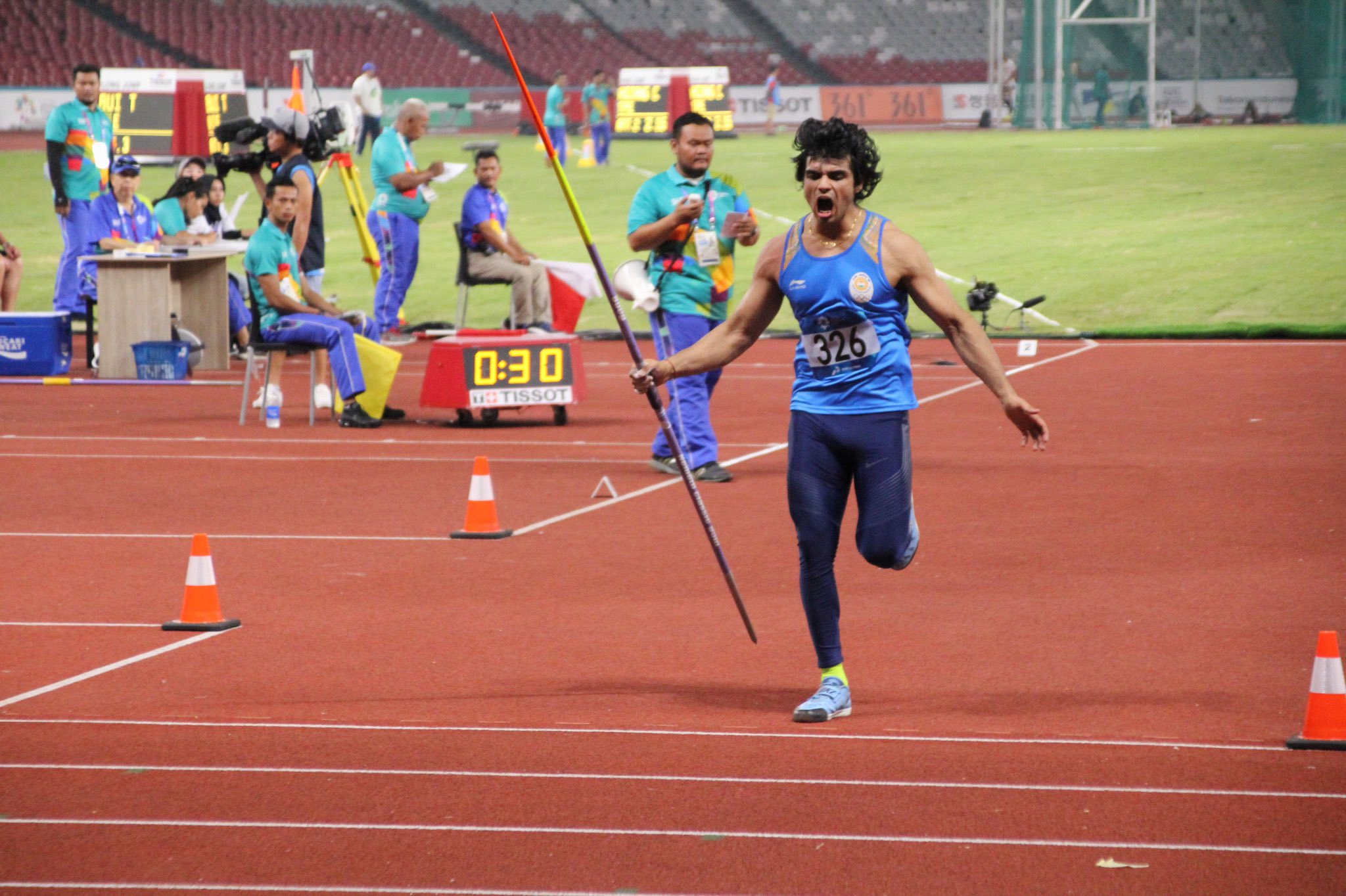
Four months after leaving his countrymen awestruck on the Australian shore, Chopra added yet another feather to his illustrious career winning the Asian Games gold with a marvellous throw of 88.06m. It was this Jakarta Asiad performance that made Neeraj Chopra a medal hopeful for India in Tokyo.
As the success came, expectations skyrocketed around the young thrower, thanks to his supreme consistency in top events over the years.
Setback and comeback
Cut to 2020, Chopra confirmed his Tokyo berth with a throw of 87.86m at the ACNE League meeting at Potchefstroom.
This came as a huge relief to the Athletics Federation of India (AFI) and, to Chopra himself. After spending most parts of 2019 on the rehabilitation programme, Chopra's chances of making an entry into the 2020 Tokyo Olympics was on the edge. But upon his return to the track, in the very first tournament in South Africa, he cleared all worries confirming his place in the Olympics which was later postponed in March due to the emergence of the pandemic.
But once again he was forced to deal with uncertainties as the raging pandemic prevented him from training and competing.
Now in 2021, as Chopra is back on track in Europe after almost 18 months break, he is being seen as a real hope for independent India's first track and field medal.
His chances gained a strong ground just a month before the kick-off of the postponed Tokyo Olympics, after defending champion, Germany’s Thomas Roehler, pulled out of the Games citing a back injury and 2019 World Championships silver medallist Estonia’s Magnus Kirt confirmed that he would not take part in the Games due to a leg injury.
Though Chopra has been a little patchy in three events he participated in Europe registering a best throw of 86:79m at Kuortane Games, there is a positive sign in his preparation in the build-up to the Tokyo Olympics.
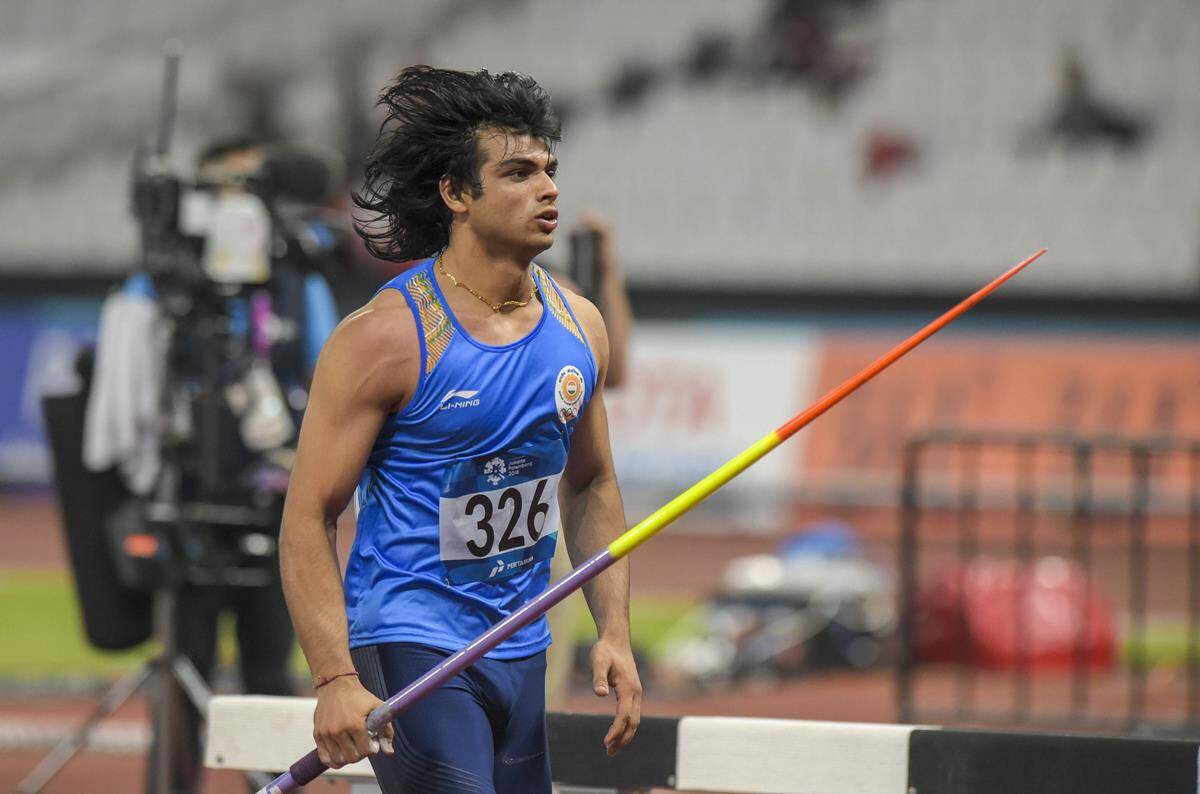
For Chopra, who has opted for Uppsala as his training centre after finding no slot at Kuortane, the Europe tour came as a welcome opportunity to get his rhythm back and break the rustiness after spending months at NIS Patiala without training due to the pandemic related restrictions.
“I did not get good international competitions when I wanted and there had to be several changes in training and competition schedule. Important thing was to get a feel of competing against top players,” said the youngster from Sweden.
The Europe tour, of course, was not a platform to showcase his best show as he will like to preserve his energy and stay injury-free to give his best in Tokyo. Hence, he gave the London Diamond League a miss due to visa issues and instead focused on training. At the same time, staying in Europe means Chopra doesn't have to follow additional COVID protocol that has been imposed on Indian athletes by the Japanese authority.
The fact that the top athletes don't fully open themselves up before a big event. With the Olympics being the biggest of all, it will not be wise to make an assessment of his form now, given that the conditions in Europe are slushy whereas the environment in Tokyo will be warm and windy.
However, though Chopra's personal best of 88:07m may not seem promising, the current circumstances of athletics put him in medal contention.
In Finland's Kuortane, last month, the Indian javelin thrower, who is ranked fourth in the ongoing season, got a chance to compete with Olympic favourites Germany's Johannes Vetter and Keshorn Walcott of Trinidad and Tobago and finished third.
It must be noted that the Indian medal hopeful had to use a different javelin at the Kourtane Games, as the one he uses during competitions couldn't reach on time from his training base Uppsala, Stockholm.
As of Tuesday, only three — Vetter, Marcin Krukowski (89.55m) and Walcott (89:12m) — have thrown the javelin at a better distance than Chopra.
Why Chopra will be in the medal equation?
Going by the recent performances put up by the likes of Vetter, who threw season's best 96.29m at the European Athletic Team Championship in May, world champion Anderson Peters of Grenada, Julian Weber of Germany and Krukowski, Chopra will have an outside chance in Tokyo.
Vetter, who has been consistently throwing 90m, is being considered the strongest contender for the gold medal in Tokyo.
But javelin is a technical sport, which has previously produced many surprising results. The athlete's success depends upon how he holds his nerves on the big occasion, and conditions play a crucial role in deciding his fate. Hence, ruling out Neeraj Chopra from the medal equation is not justifiable from any perspective either.
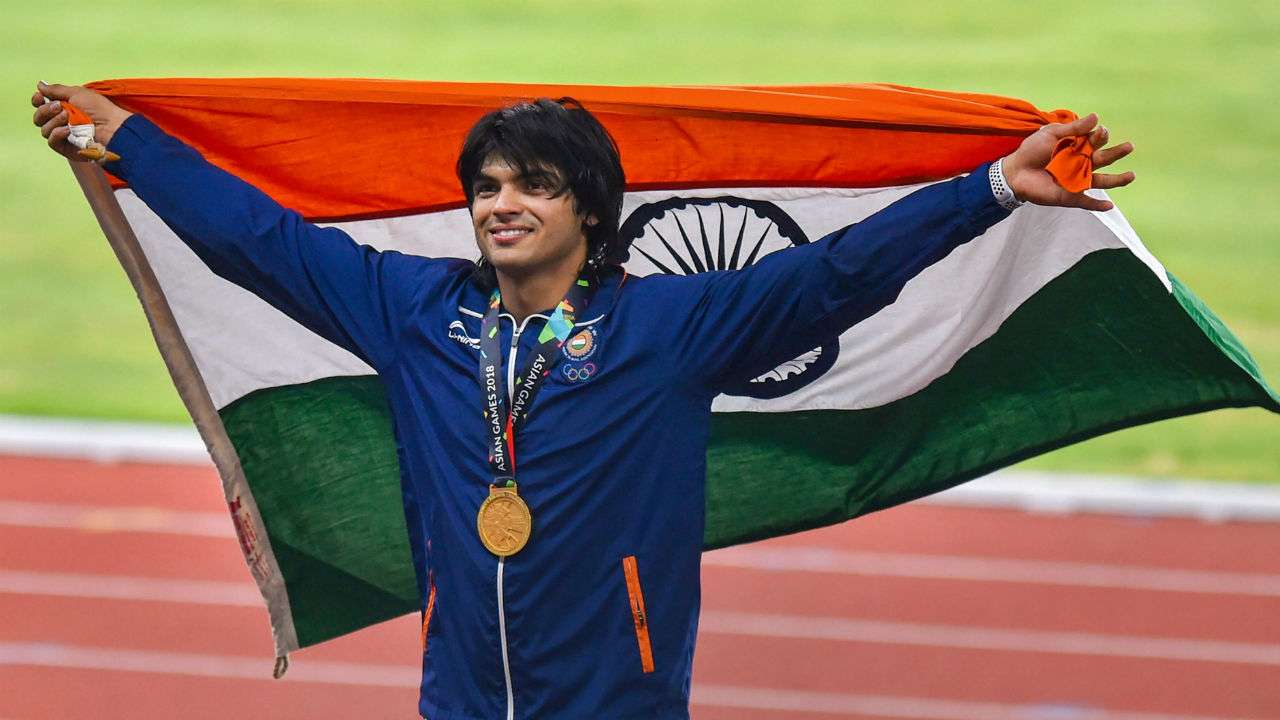
There are instances when the dark horses had upset the favourites. In the 2012 London Olympics, Keshorn Walcott produced a massive upset victory over favourite Andreas Thorkildsen of Norway and Finland’s Tero Pitkämäki.
Walcott won the Olympic gold for throwing 84.58m, which is usually below average mark for elite javelin throwers. But on that demanding occasion, it was the best throw that won him the much-desired gold.
Five years back in Rio Olympics, Thomas Röhler won the gold medal with a throw of 90.30m, but Julius Yego of Kenya and Walcott bagged the silver and bronze at 88.24 and 85.38m. In the 2019 Doha World Championships, the winners were decided at 89.35, 88.36 and 85.34m. Therefore, any assessment at this juncture will be premature.
Going by his current form and potential, World No. 16 Neeraj Chopra will be very much in contention for a medal in Tokyo.
— By Sudipta Biswas
